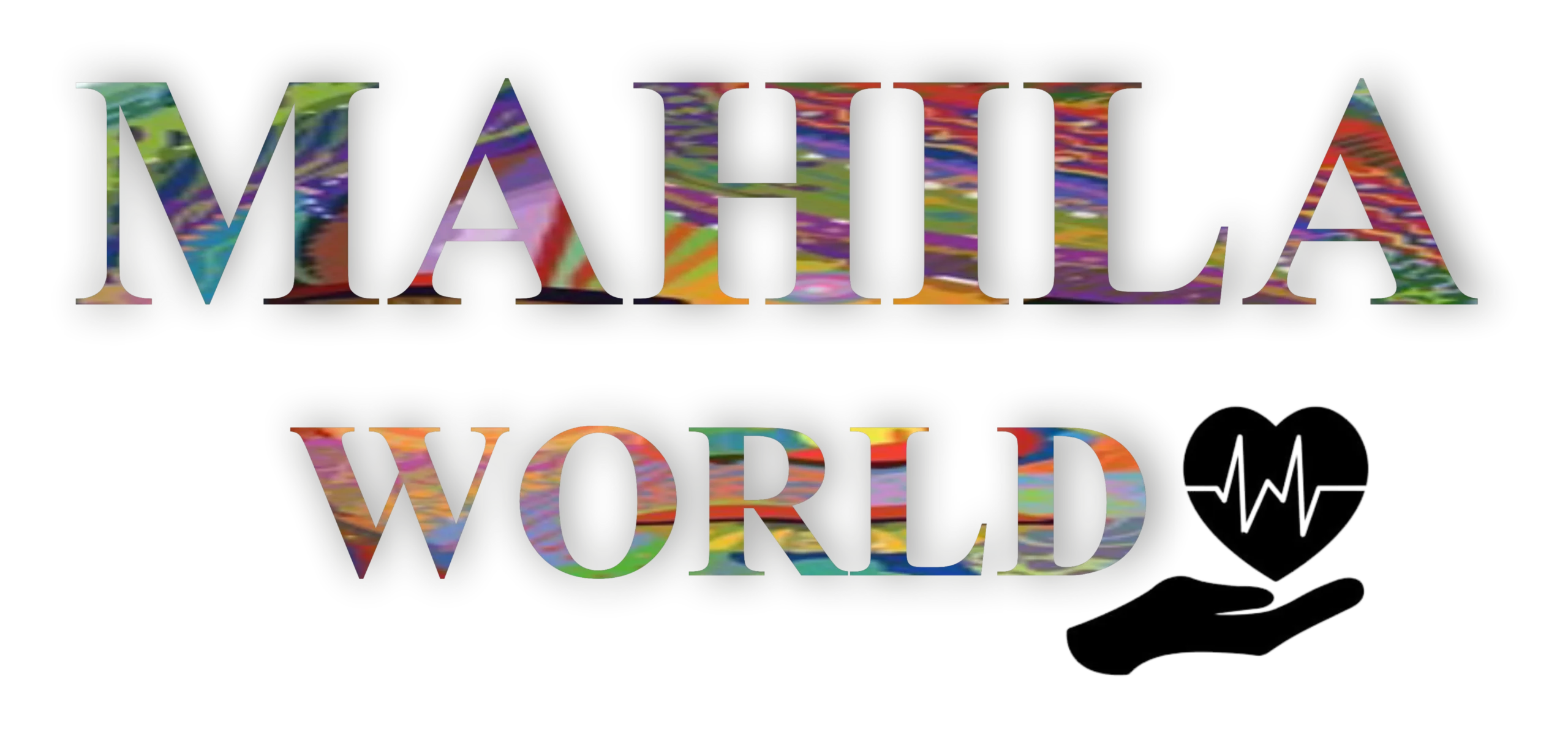
Depression is a debilitating mental health condition that can affect anyone regardless of gender, age, or socioeconomic status. However, studies have shown that women are twice as likely as men to experience depression. As a woman battling depression, it can be challenging to cope with the negative thoughts, feelings of hopelessness, and physical symptoms that come with the condition. In this article, we’ll explore & take a deep dive into the world of depression. We’ll be learning the depression definition, depression signs, the impact of depression on pregnancy, etc.
What is Depression?
The definition of Depression is a mental health condition characterized by persistent feelings of sadness, hopelessness, and a loss of interest or pleasure in activities that were once enjoyable. Additionally, it might cause physical symptoms like exhaustion, adjustments to eating and sleep patterns, and difficulties focusing. Depression can be caused by a combination of genetic, biological, environmental, and psychological factors, and can affect anyone regardless of age, gender, or socioeconomic status. It is important to seek professional help if you or a loved one is experiencing symptoms of depression, as it is a treatable condition with the right support and treatment.
Signs of Depression in Women
Depression is a serious mental health condition that can affect women of all ages and backgrounds. It’s important to be aware of the signs of depression in women so that you can seek help if you or a loved one is experiencing symptoms. In this article, we’ll explore some of the common signs of depression in women and what you can do to get the support you need. Here are some signs of depression in women:
- Persistent feelings of sadness, emptiness, or hopelessness
- Loss of interest or pleasure in activities once enjoyed
- Fatigue or lack of energy
- Changes in appetite or weight
- Difficulty sleeping or oversleeping
- Difficulty concentrating, remembering details, or making decisions
- Feelings of guilt, worthlessness, or helplessness
- Restlessness or irritability
- Physical symptoms such as headaches or digestive issues
- Thoughts of suicide or self-harm
Things You Need to Know While Battling Depression?
Given below are some things you must know as a woman if you are battling depression:
1. You’re Not Alone
Depression can make you feel isolated and alone, but the truth is, you’re not the only one going through this. According to the World Health Organization (WHO), over 264 million people worldwide struggle with depression, and women are more likely to be affected. Knowing you’re not alone can provide comfort and help you feel less isolated.
2. It’s Not Your Fault
It’s important to understand that depression is not a sign of weakness, and it’s not something you can control. It’s a medical issue that needs care, just like every illness does. Many women blame themselves for their depression, thinking they’re not strong enough or that they should be able to “snap out of it.” However, depression is a real illness that requires professional help to overcome.
3. Self-Care is Crucial
Taking care of yourself is crucial when battling depression. This includes getting enough sleep, maintaining a nutritious diet, and exercising frequently. Exercise has been suggested to improve mental health by generating endorphins, which are organic mood enhancers. Self-care also means doing things that bring you joy, such as reading, listening to music, or spending time with loved ones.
4. Seeking Professional Help is Necessary
While self-care can be helpful, it’s not always enough to overcome depression. Seeking professional help is necessary to get to the root of the problem and develop a treatment plan that works for you. This might include counseling, medicine, or a mix of the two. Please don’t hesitate to ask a mental health professional for assistance. Keep in mind that asking for assistance indicates the strength, not weakness.
5. You Will Get a Better
It’s important to remember that depression is treatable, and you will get better. It may take time, and there may be setbacks along the way, but with the right treatment, you can overcome depression. Be kind to yourself and acknowledge minor accomplishments along the way. Remember, healing is a process, and there is no timeline for recovery.
What Is the Impact of Depression on Pregnancy?
Depression can have a significant impact on pregnancy, affecting both the mother and the developing fetus. Pregnancy is a time of significant physical and emotional changes, and depression can exacerbate these challenges. Studies have shown that depression during pregnancy can increase the risk of complications such as preterm labor, preeclampsia, and low birth weight. It can also lead to difficulties in bonding with the baby and postpartum depression. It’s important for pregnant women to prioritize their mental health and seek professional help if they are experiencing symptoms of depression.
Here are some points on the impact of depression on pregnancy:
- Depression can increase the risk of pregnancy complications, such as preterm labor, low birth weight, and preeclampsia.
- Pregnant women with depression may have difficulty bonding with their babies, which can impact the child’s emotional development.
- Postpartum depression, which affects as many as one in seven new mothers, has been related to depression during pregnancy.
- Women with depression may be more likely to engage in unhealthy behaviors during pregnancy, such as smoking or substance abuse, which can harm the developing fetus.
- Depression during pregnancy can also affect the child’s cognitive and behavioral development, potentially leading to long-term consequences.
- Seeking treatment for depression during pregnancy is crucial to ensure the health and well-being of both the mother and baby.
- Treatment options may include therapy, medication, or a combination of both, and should be discussed with a healthcare provider to determine the best course of action.
How Is Depression in Women Treated During Pregnancy?
Pregnancy is a time of joy and anticipation, but for some women, it can also be a time of increased risk for depression. Treating depression during pregnancy is crucial, as it not only affects the mother’s mental health but can also impact the health of the developing baby. In this article, we’ll explore how depression in women is treated during pregnancy, so you can feel empowered to seek the help you need.
Here are some points on how depression in women is treated during pregnancy:
- Consultation with a mental health professional: It is important for pregnant women who are experiencing depression to seek the help of a mental health professional. They can provide support and treatment options that are safe for both the mother and the baby.
- Psychotherapy: Psychotherapy or talk therapy can be an effective treatment option for depression during pregnancy. This type of therapy helps women learn coping skills and develop strategies for managing their symptoms.
- Medication: In some cases, medication may be necessary to treat depression during pregnancy. However, it is important to work closely with a healthcare provider to determine which medications are safe to take during pregnancy.
- Support groups: Getting involved in a support group with other pregnant women who are also struggling with depression can give you a sense of community and support.
- Lifestyle changes: Making lifestyle changes such as getting regular exercise, eating a healthy diet, and getting enough sleep can also help manage depression during pregnancy.
It is important for pregnant women to receive proper treatment for depression, as it can have negative effects on both the mother and the baby. By seeking help and working closely with a healthcare provider, women can successfully manage their symptoms and have a healthy pregnancy.

